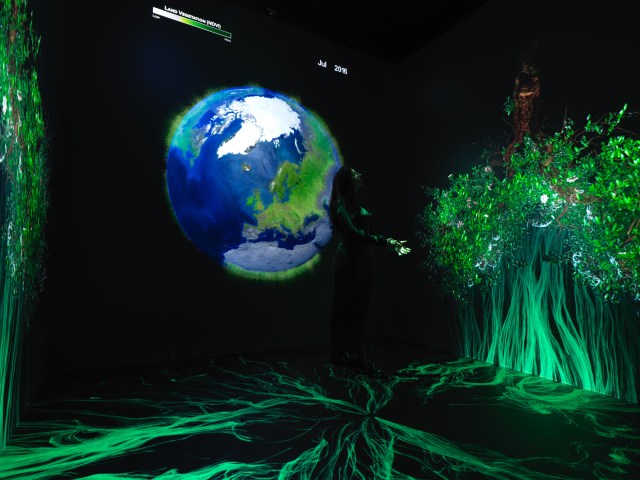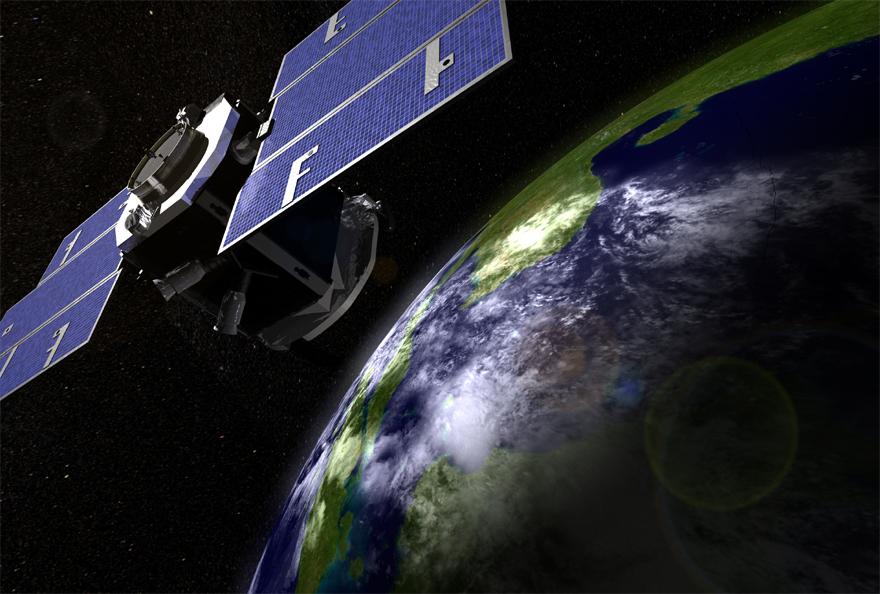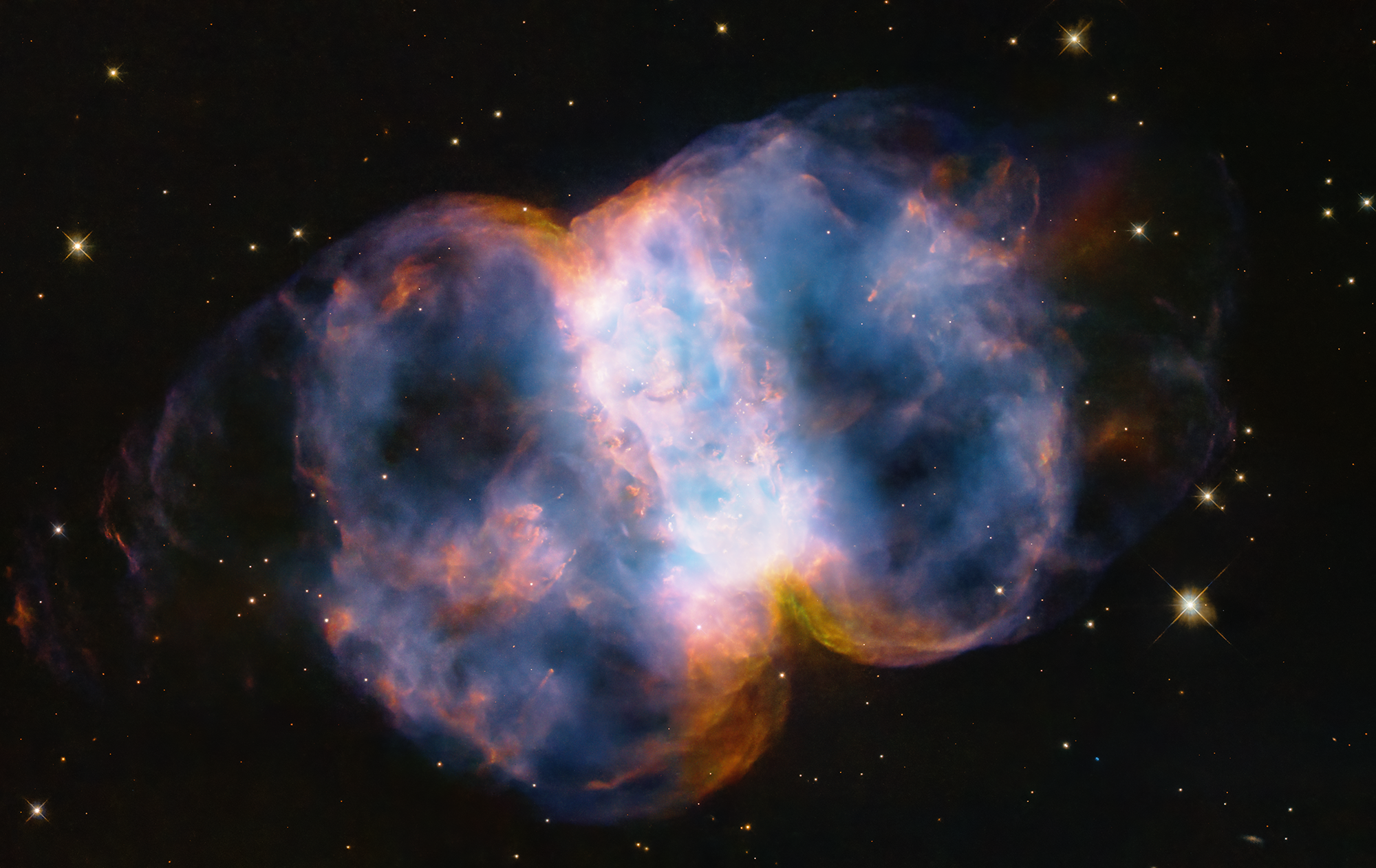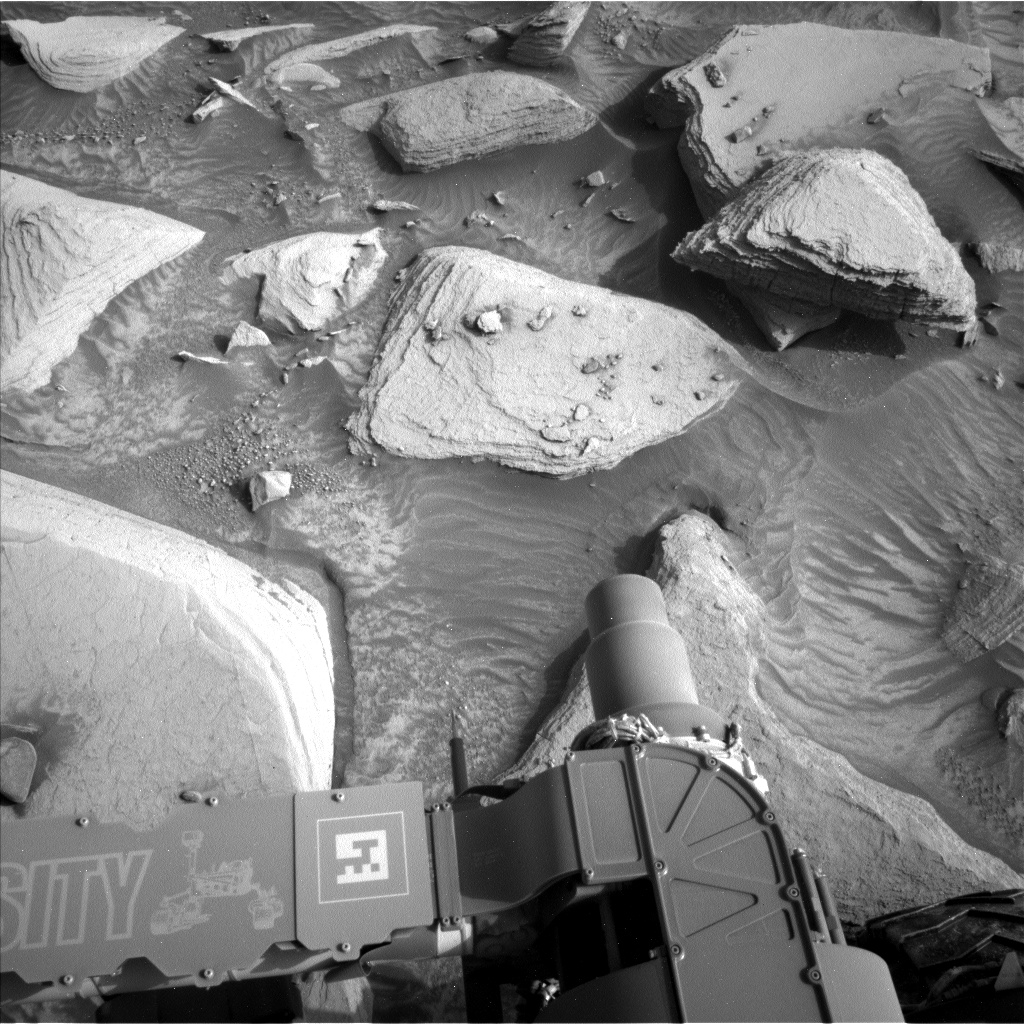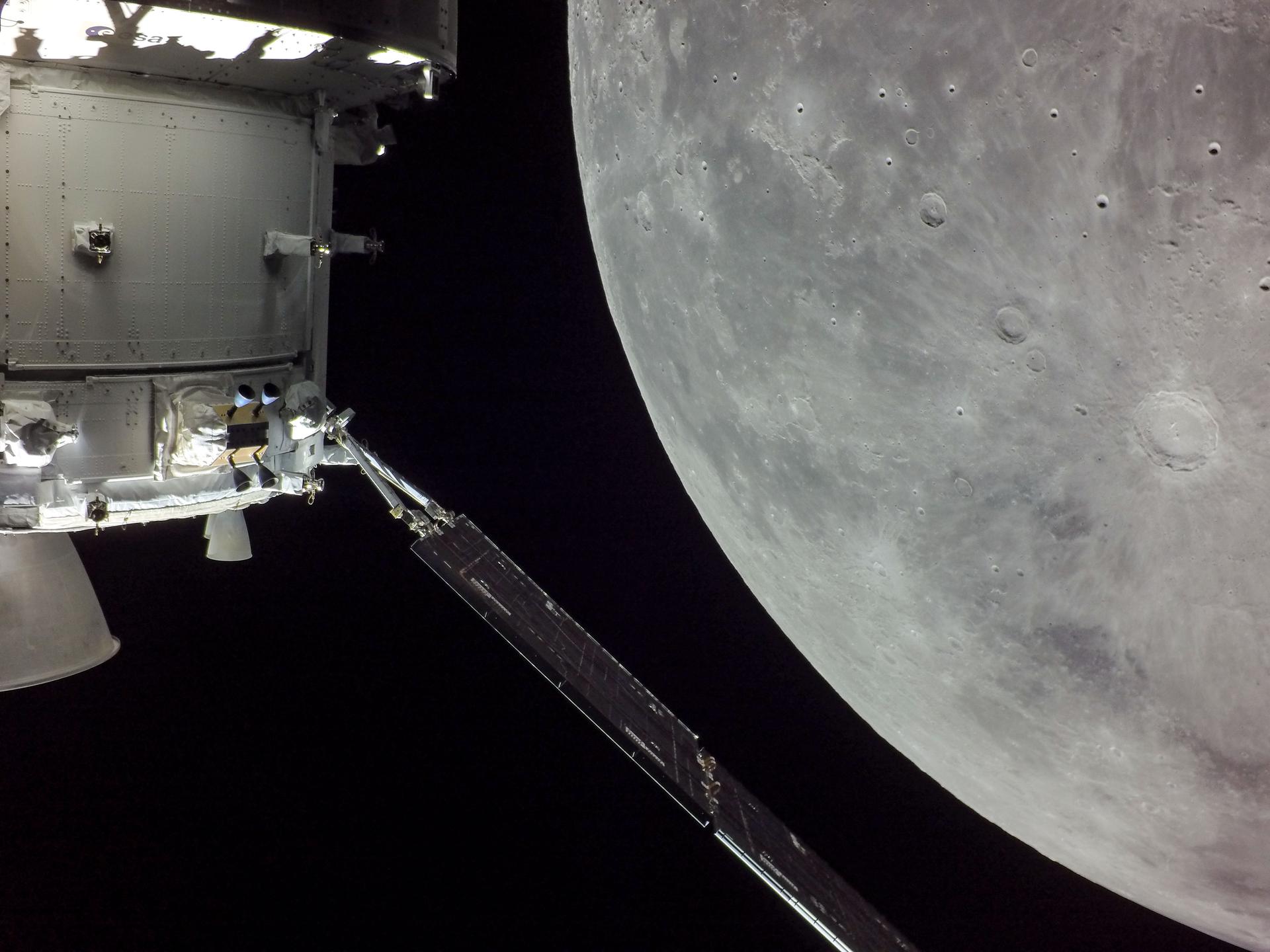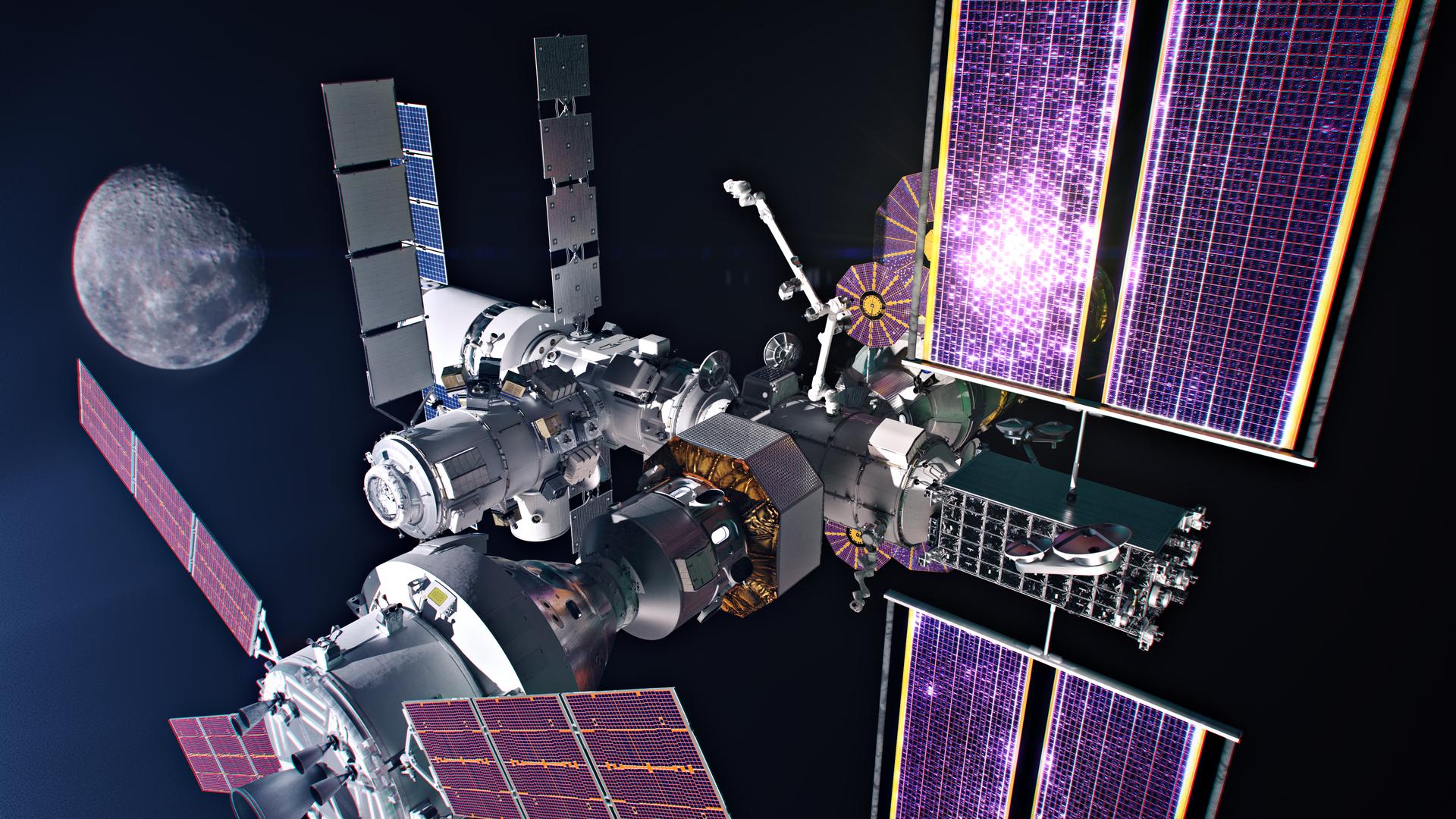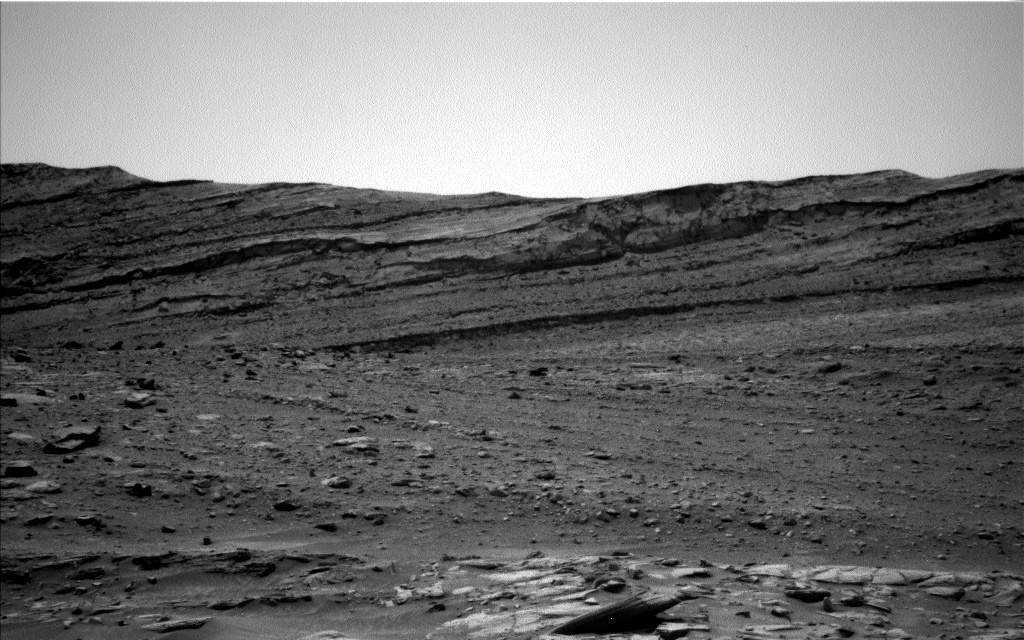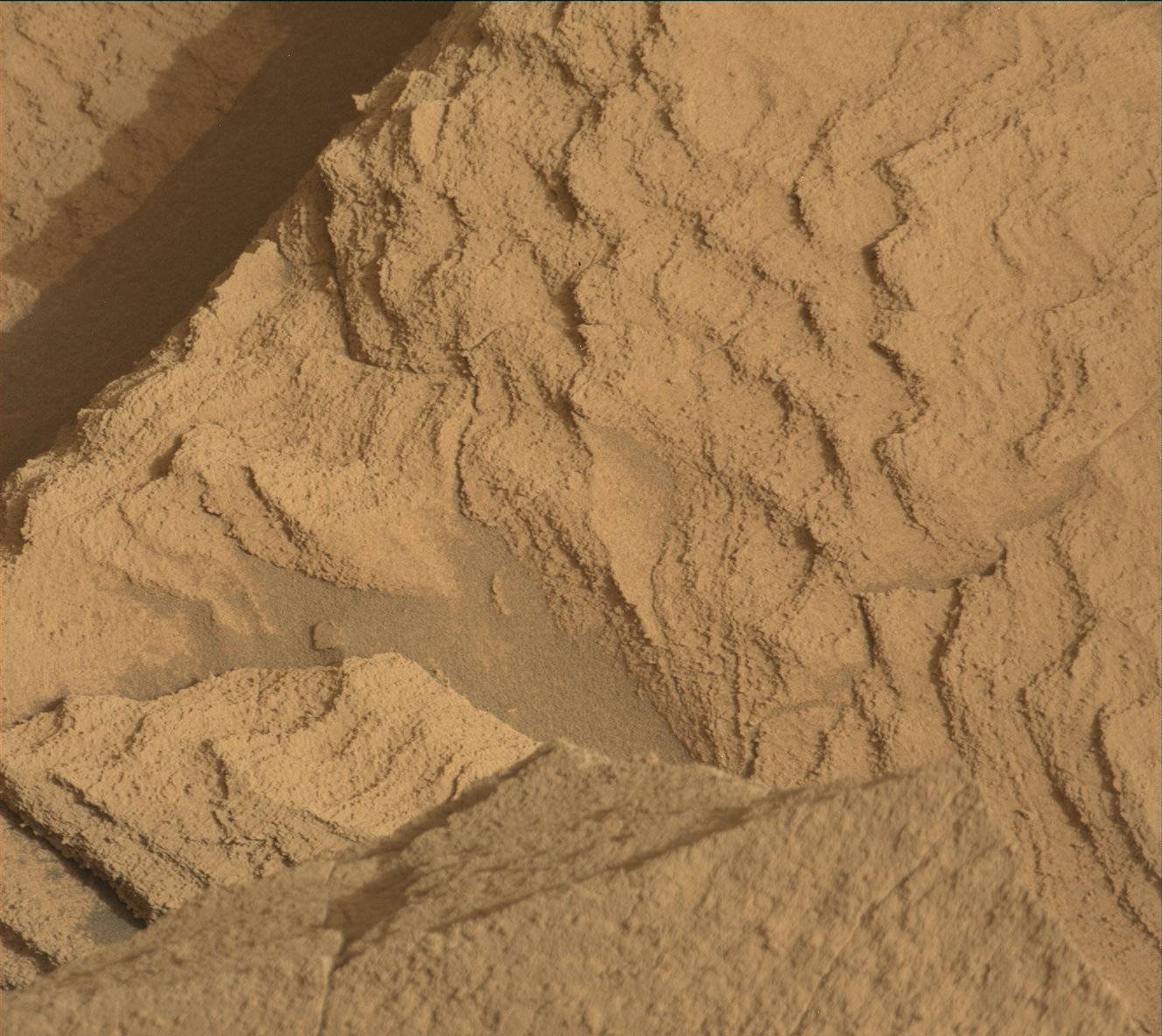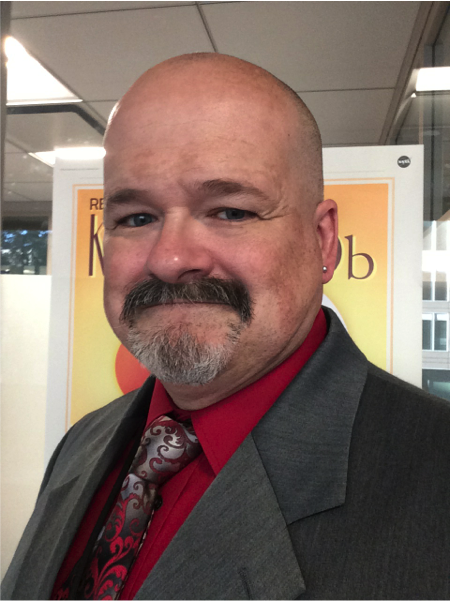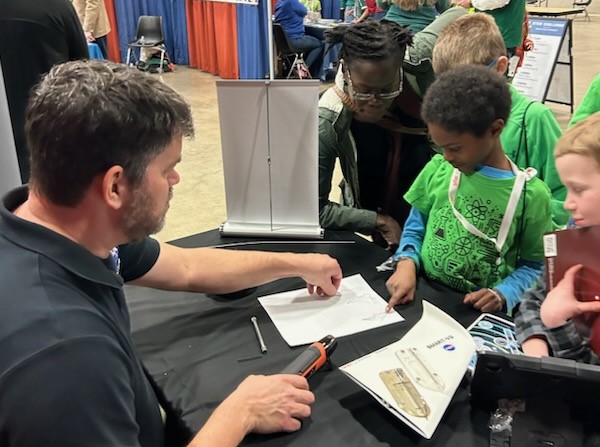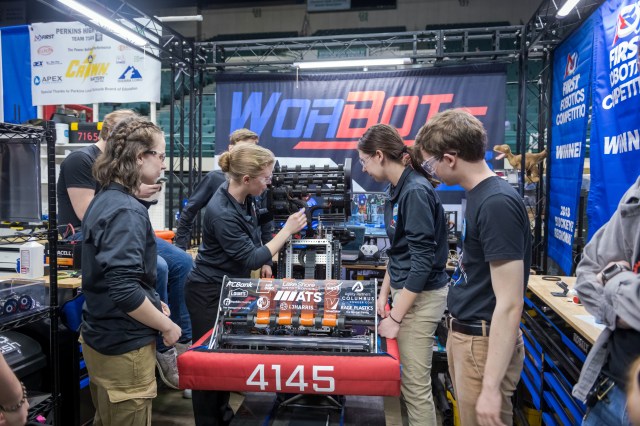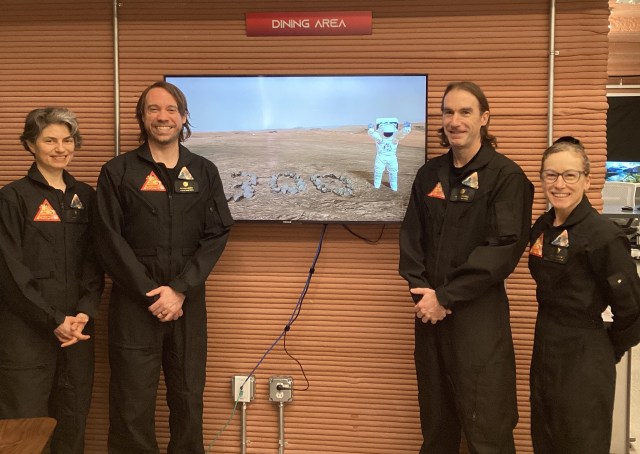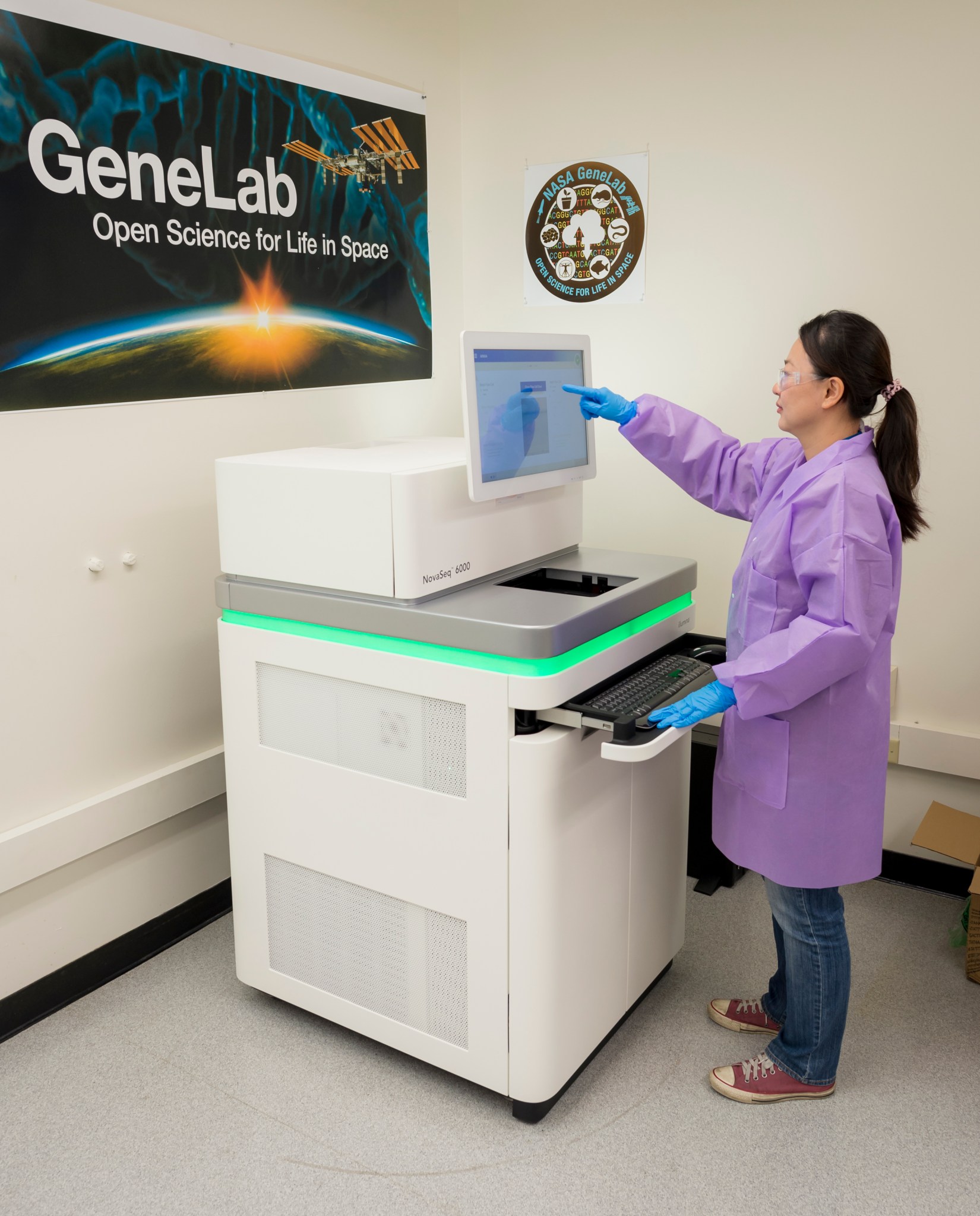When a team of NASA researchers set out to help train a diverse new generation of space biologists, they wanted to magnify their impact on today’s students. So, they decided to teach the teachers.
Studying biology in space has benefits for both future astronauts and everyday patients on Earth. But it’s challenging to explore the workings of health and disease in the extreme environment of space. The more people with different perspectives focused on it, the better.
The first edition of NASA’s new space biology bootcamp took place in June, when 10 educators from Historically Black Colleges and Universities (HBCUs) and Minority Serving Institutions (MSIs) went “back to school.”
For 10 days, NASA scientists taught them the basics of space biology, designing an experiment, and the technology used for collecting data. They also gave educators hands-on instruction using a web-based, interactive computing platform to analyze real data from GeneLab – NASA’s unique repository of space biology data, managed by the agency’s Ames Research Center in California’s Silicon Valley.
GeneLab is a treasure trove of information, containing data from space biology experiments involving species from bacteria and fruit flies to mice and human cells. These studies, conducted previously aboard the space shuttle and, today, on the International Space Station, explore the effects of exposure to microgravity, radiation, and other aspects of the space environment. The data housed in GeneLab is open access – it’s available to all – but it can’t do much unless someone knows how to use it.
That is what motivated the NASA team to provide training in bioinformatics under the GeneLab for Colleges and Universities initiative. Bioinformatics looks at the way we deal with huge amounts of biomolecular data: gathering it, handling it, analyzing it. And the skills covered in the bootcamp are relevant across the biotech and life sciences fields.
In a second key “chapter” of the program, the participating educators learned to run the same bootcamp for students at their home institutions, extending the reach of this initiative to more students. To ensure they can implement the training, NASA will provide the necessary advanced-computing resources through a cloud computing environment. The GeneLab team also will be available to help answer student questions.
“Using real NASA spaceflight data provides an exciting way to deliver complex training that will apply to any [similar] data and provide undergraduates with a skillset that is highly marketable in the life sciences,” said Amanda Saravia-Butler, GeneLab’s data processing lead and co-instructor of the bootcamp.
Participants completed surveys before and after the event to assess their knowledge on the subject and how prepared they felt to teach students the same content. The results show the bootcamp was a big success on both fronts.
“I thought [the bootcamp] was really great,” wrote one participant in response to the survey, which was anonymous to encourage honest feedback. “One issue I struggle with is developing material to teach bioinformatics to my students. The material provided here is fantastic and will greatly improve how I teach bioinformatics and the scope of what I’ll be able to teach.”
Another educator wrote: “The ability to run the code and understand it is much more valuable than plug-and-play environments…[which] really pull down the ability of scientists to approach a dataset and make meaningful, groundbreaking impacts.”
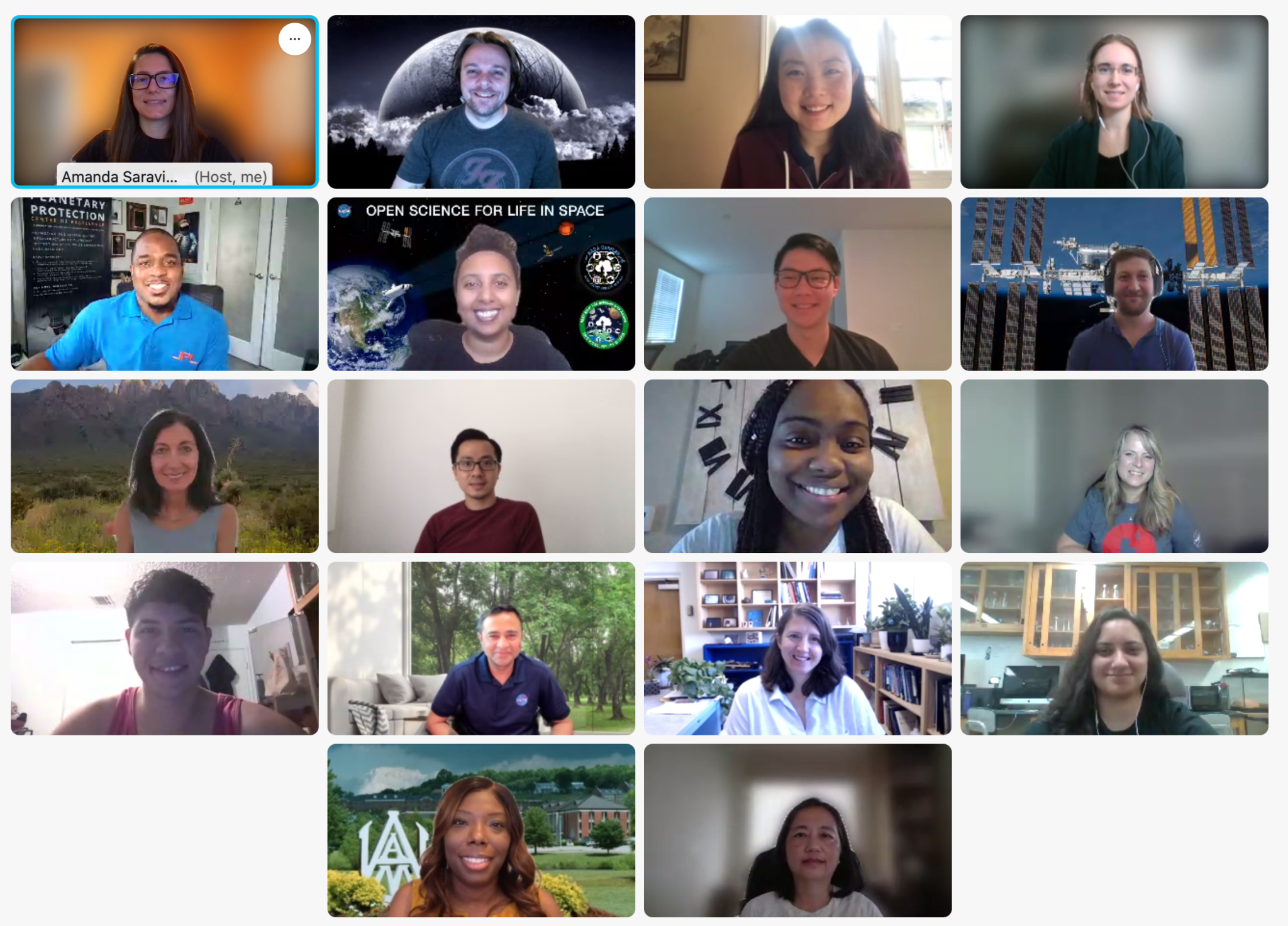
Bootcamp participants are already teaching NASA’s material to bioinformatics students at their home institutions. Going forward, the GeneLab team hopes to offer two trainings in bioinformatics for space biology each year: one for students and one for educators. The next session will take place in summer 2023.
Potential partnerships now being explored with other programs and institutions also could help bring these lessons to additional learners, expanding GeneLab’s impact and getting NASA’s unique data into the hands of even more.
The 2022 pilot edition of the GeneLab for Colleges and Universities (GL4U): RNAseq Educator Bootcamp was created and delivered by the GeneLab team at NASA Ames in collaboration with the Planetary Protection Center of Excellence (PPCoE) VOICES II program at NASA’s Jet Propulsion Laboratory (JPL) in Pasadena, California. The commercial cloud computing platform used was the Science Managed Cloud Environment (SMCE) provided by the Computational and Information Sciences and Technology Office at NASA’s Goddard Space Flight Center in Greenbelt, Maryland. Funding for the bootcamp was provided by the Biological and Physical Sciences Division of NASA’s Science Mission Directorate, with support from JPL’s HBCU initiative for the VOICES II program.
All training materials from the bootcamp are available for download via the program’s GitHub repository, along with links to video recordings of the training: https://github.com/nasa/GeneLab-Training/tree/main/GL4U
HBCU and MSI partner institutions whose educators participated in the training are: California State Polytechnic University in San Luis Obispo, Alabama Agricultural and Mechanical University in Huntsville, California State University-Northridge in Los Angeles, New Mexico State University in Las Cruces, and Monash University in Australia.
For news media:
Members of the news media interested in covering this topic should reach out to the NASA Ames newsroom.
Author: Abby Tabor, NASA’s Ames Research Center

